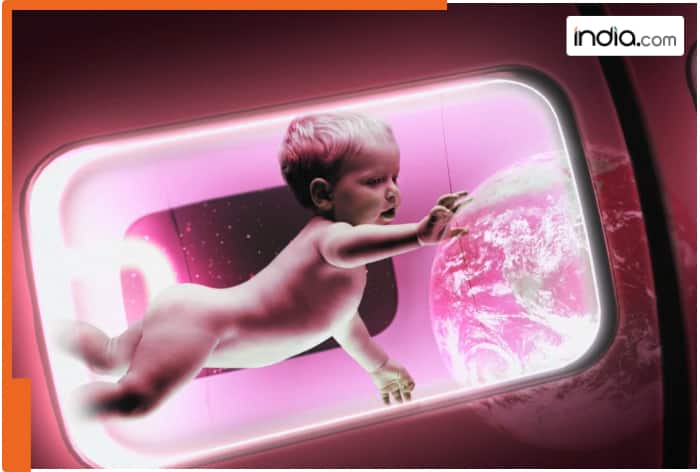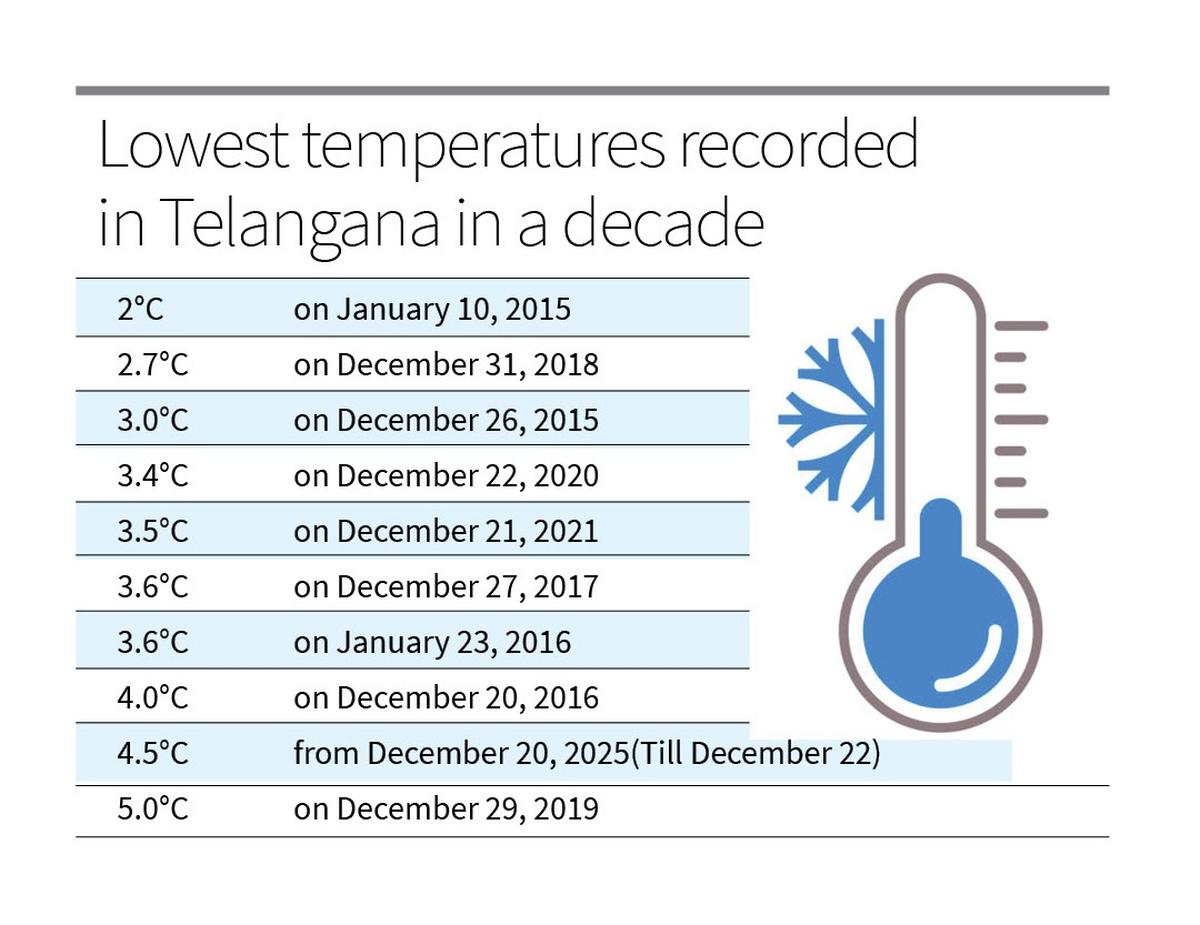It is noteworthy that in zero gravity, astronauts lose bone density by up to 12 percent in just six months. This could make childbirth in space dangerous.

Life Beyond Earth: For centuries, humans have been attracted to space, and this curiosity to explore it has driven mankind to create spacecraft and telescopes. Since we began exploring the universe, a question has always arisen – Is life beyond Earth possible? As we manage to send rovers to Mars – the only Earth-like planet near us – the curiosity to start life there has sparked interest. However, the long journey to Mars or other exoplanets raises the question of whether humans can reproduce in space. Can a human child be born in space?
Can Pregnancy Happen in Space?
Notably, female astronauts can potentially become pregnant in space. However, the unique environment poses significant risks to both the fetus and the mother. The lack of gravity and high radiation levels in space could adversely affect fetal development, leading to complications. The American space agency NASA does not currently have a clear policy on intimate relationships in space, but it maintains that no astronauts have engaged in such activities during missions so far
Challenges of Childbirth in Space
Impact of Zero Gravity:
It is noteworthy that in zero gravity, astronauts lose bone density by up to 12 percent in just six months. This could make childbirth in space dangerous.
The child can suffer from weaken pelvic bones and even fractures during delivery.
Radiation
Space radiation also affects the fetus, resulting in genetic abnormalities or severe health issues for the newborn.
Abnormal Growth Patterns:
due to the absence of gravity, A child born in space might have physical differences due to the absence of gravity. For instance, larger or even transparent skulls are possibilities scientists have considered.
Experiments with Animal Reproduction in Space
in past, scientists conducted experiments on animals to study reproduction in space. In a study, freeze-dried mouse sperm was sent to space for six years and later fertilized back on Earth. The experiment resulted in 168 healthy mice, showing no signs of radiation damage. However, this does not conclusively suggest that human reproduction in space would be equally successful.
While the experiments with animals provide some insights, the prospect of human reproduction in space remains fraught with uncertainties. Challenges like zero gravity, radiation exposure, and the impact of these factors on the human body must be resolved before the dream of raising a new generation in space becomes a reality.
For now, the journey to establishing human life beyond Earth continues, with reproduction in space remains one of the most intriguing and challenging frontiers.





